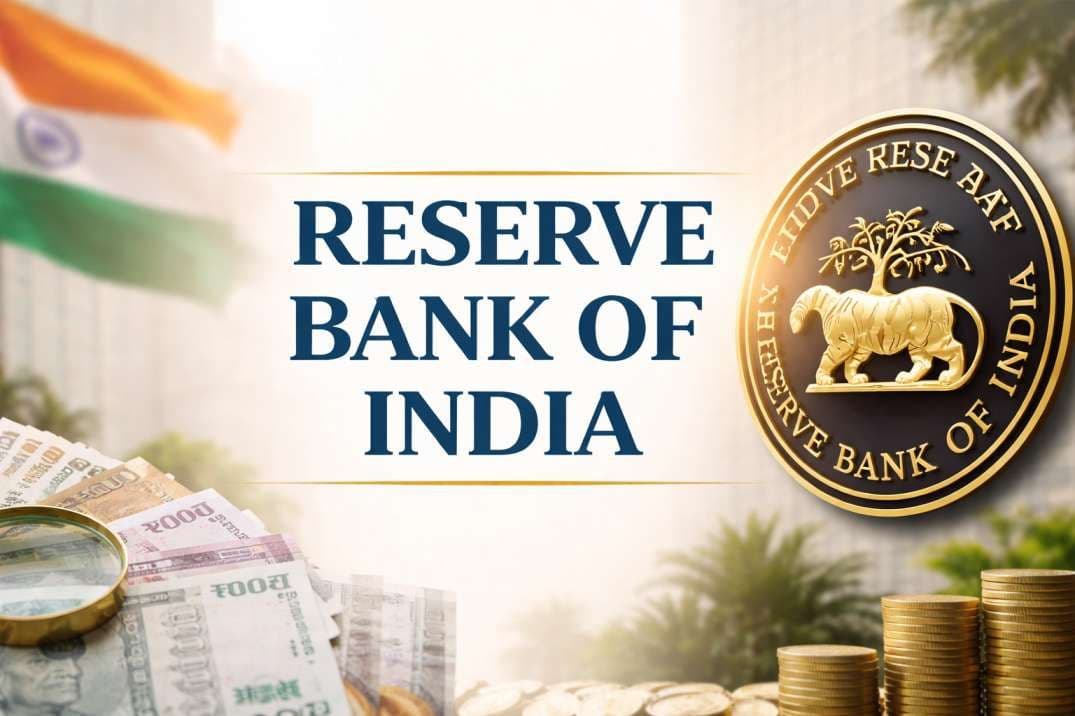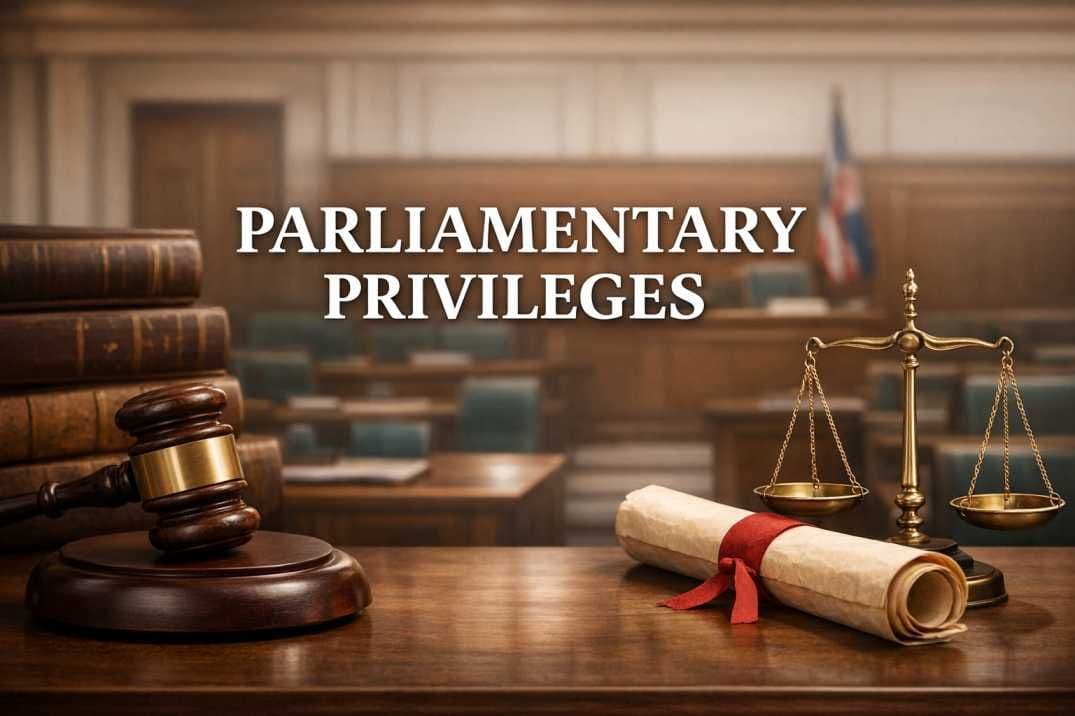Attorney General of India UPSC Notes: Article 76, Duties, Powers & Limitations Explained
Sep, 2025
•4 min read
The Attorney General of India is an important UPSC syllabus topic under Polity and Governance. It is explained under Article 76 of the Constitution and includes details about the appointment, duties, and functions of the AGI.
About Attorney General of India (AGI)
The Attorney General of India (AGI) is the highest law officer in the country and serves as the Chief Legal Advisor to the Union Government. The position forms an integral part of the Union Executive, alongside the President, Vice-President, Prime Minister, and Council of Ministers, though the Attorney General is not a member of the Central Cabinet.
Key Facts About the Attorney General of India
- Constitutional Status: Established under Article 76 as a constitutional body.
- Highest Legal Position: Supreme law officer of India.
- First Attorney General: Motilal Chimanlal Setalvad (1950-1963).
- Headquarters: New Delhi
- Longest Serving: M.C. Setalvad served for 13 years (1950-1963).
Major Constitutional Provisions: Attorney General of India
The office of the Attorney General is governed by specific constitutional provisions that define its role, powers, and responsibilities.
| Article | Meaning |
|---|---|
| Article 76 | Creates the office of the Attorney-General for India as the Union’s top law officer. |
| Article 76(1) | The President appoints as AGI a person qualified to be a Supreme Court judge. |
| Article 76(2) | AGI advises the Government of India on legal matters and performs legal duties assigned by the President. |
| Article 76(3) | AGI has the right of audience in all courts in India while on official duty. |
| Article 76(4) | AGI holds office during the President’s pleasure; remuneration is decided by the President. |
| Article 88 | AGI may participate and speak in Parliament and its committees, but has no voting rights. |
| Article 105 | AGI enjoys parliamentary privileges and immunities when participating in Parliament. |
Also Read: Removal or Impeachment Process of Judges in India
Duties and Functions of AGI
The Attorney General performs important legal functions as the chief law officer of the Government of India.
- Advises the Union Government on every legal matter referred by the President.
- Represents the Government of India in all Supreme Court cases in which the Union is concerned.
- Represents the Union in any reference under Article 143 of the Constitution.
- Appears in the High Courts when required by the Government of India.
Rights of AGI
The Constitution and laws grant the AGI specific rights to fulfil the office effectively:
- Right of Audience in all courts throughout India.
- Right to speak and participate in proceedings of both Houses of Parliament and their committees (without voting rights).
- Parliamentary Privileges and Immunities are equivalent to a Member of Parliament.
- Right to Practice Privately (not debarred from private legal practice).
Limitations of the Attorney General of India
To prevent conflicts of interest and maintain the integrity of the office, several restrictions are placed on the Attorney General.
- Cannot advise or hold a brief against the Government of India.
- Cannot advise or represent private parties in matters in which the Government of India is interested.
- Cannot defend accused persons in criminal prosecutions without the Government’s permission.
- Cannot accept directorship in any company without prior Government approval.
Also read: Comptroller and Auditor General of India (CAG) – Complete UPSC Notes.
Appointment, Qualifications, and Term of the Attorney General of India
1. Appointment Process
- The Attorney General is appointed by the President of India on the advice of the government. The appointment follows constitutional procedures established under Article 76.
2. Qualifications Required
To be eligible for appointment, a person must have the same qualifications as required for a Supreme Court Judge:
- Indian Citizenship: Must be a citizen of India.
- Judicial Experience: Having served as a High Court judge for 5 years, OR
- Legal Practice: Having practised as an advocate in a High Court for 10 years, OR
- Distinguished Jurist: Being recognised as an eminent jurist by the President.
3. Term and Removal
Here are the details:
- No Fixed Term: The Constitution does not specify a fixed tenure.
- Presidential Pleasure: Holds office during the pleasure of the President.
- Removal Process: No specific procedure mentioned; can be removed by the President at any time.
- Resignation: can resign by submitting a letter to the President.
- Convention: Traditionally resigns when the government changes or is replaced.
UPSC Mains Practice Question
"The Attorney General of India occupies a unique position at the intersection of the Executive and the Judiciary.” Critically examine the constitutional provisions governing the appointment, tenure, and functions of the Attorney General of India.
Evaluate Your Answer Now!Conclusion
The Attorney General of India (AGI) is an important topic for UPSC preparation. It is directly connected to Prelims, Mains GS Paper-II (Constitution & Governance), and also in the Interview stage. Understanding this helps you see how the AGI works with the Executive (Government), Judiciary (Courts), and ensures legal accountability.
Supercharge your UPSC prep with SuperKalam, your personal mentor for instant doubt clearing, smart study plans, PYQs practice, and Instant Mains Evaluation.
Explore SuperKalam’s Resources today and take the first step on your path to UPSC success!
SuperKalam: Crack UPSC IAS
Your Personal AI Mentor that teaches, instantly evaluates Handwritten Answers & builds Daily Discipline.
Download the SuperKalam App Now

